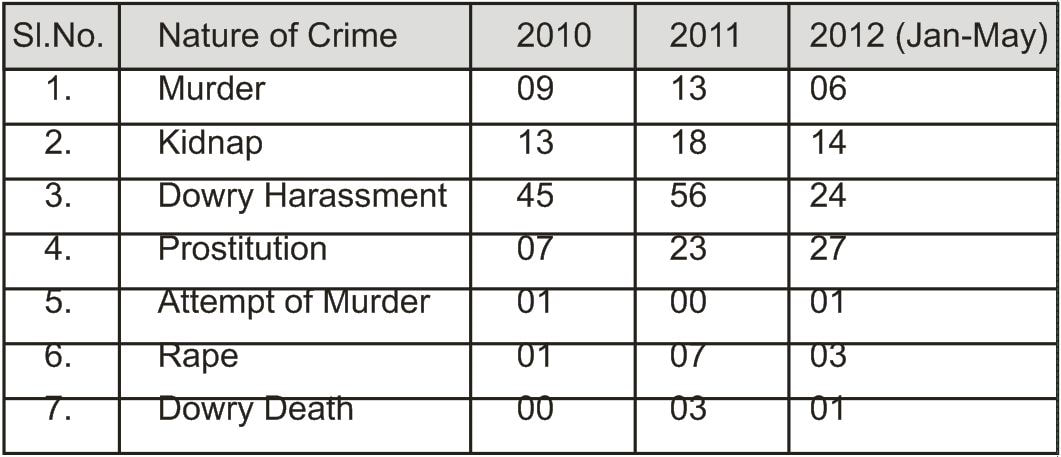|
Introduction: Women’s health is inextricably linked to their status in society. It benefits from equality, and suffers from discrimination (WHO, 1996). Women’s family roles involving care of children and ill, disabled, or elderly relatives are more likely to intrude upon their paid employment mentally or in actuality. Women are more likely to ‘‘have two simultaneous roles, whereas men are allowed to have sequential roles’’ generally deferring ‘‘family roles to the evening after work’’ (Barnett & Rivers, 1996). Though some women may suffer from role strain, conflict, or overload, research also shows that women who combine multiple roles are physically and emotionally among the healthiest in contrast to those who do one role exclusively [Nieva, 1985 , Crosby, 1991) ].‘Women are especially stressed by situations that are beyond their control and by those in which they perceive themselves to be responsible for the well-being of others failure causes a marked lowering of self-esteem’’ (Bernstein & Lenhart, 1993). The problems are compounded by the reduced availability of competent caregivers due to greater opportunity for women to obtain more lucrative non-traditional employment outside the domestic sphere. Research demonstrates that, women who are employed ‘‘report better physical and psychological health than women who are not employed, as well as the women experiencing enhanced financial independence’’ (Barnett & Rivers, 1996).Women who combine multiple roles (work and family) are physically healthier and are more likely to have a greater sense of well-being and happiness than women who have only career or family roles (Gilbert & Rader, 2001) Concept of Health
Scope of Mental Health
Theories of mental health and illness
Indicators of Mental Health
Conclusion: Indian women undergo many kinds of social and psychological oppression. Yet, it cannot be said that everything is lost in the battle for a better life for Indian women. Legal and social changes are occurring, but a great majority of them remain under a cloud of despair and distress. Women have a higher rates of mental illness is a Universal Phenomenon (Women’s International Net work, 1985).
References:
Dr. Shobhadevi R. Patil Professor, Dept. of Social Work, Karnatak University, Dharwad. |
Categories
All
Social Work Learning Academy50,000 HR PROFESSIONALS ARE CONNECTED THROUGH OUR NIRATHANKA HR GROUPS.
YOU CAN ALSO JOIN AND PARTICIPATE IN OUR GROUP DISCUSSIONS. MHR LEARNING ACADEMYGet it on Google Play store
|
SITE MAP
SiteTRAININGJOB |
HR SERVICESOTHER SERVICESnIRATHANKA CITIZENS CONNECT |
NIRATHANKAPOSHOUR OTHER WEBSITESSubscribe |
MHR LEARNING ACADEMY
50,000 HR AND SOCIAL WORK PROFESSIONALS ARE CONNECTED THROUGH OUR NIRATHANKA HR GROUPS.
YOU CAN ALSO JOIN AND PARTICIPATE IN OUR GROUP DISCUSSIONS.
YOU CAN ALSO JOIN AND PARTICIPATE IN OUR GROUP DISCUSSIONS.
|
|







 RSS Feed
RSS Feed





